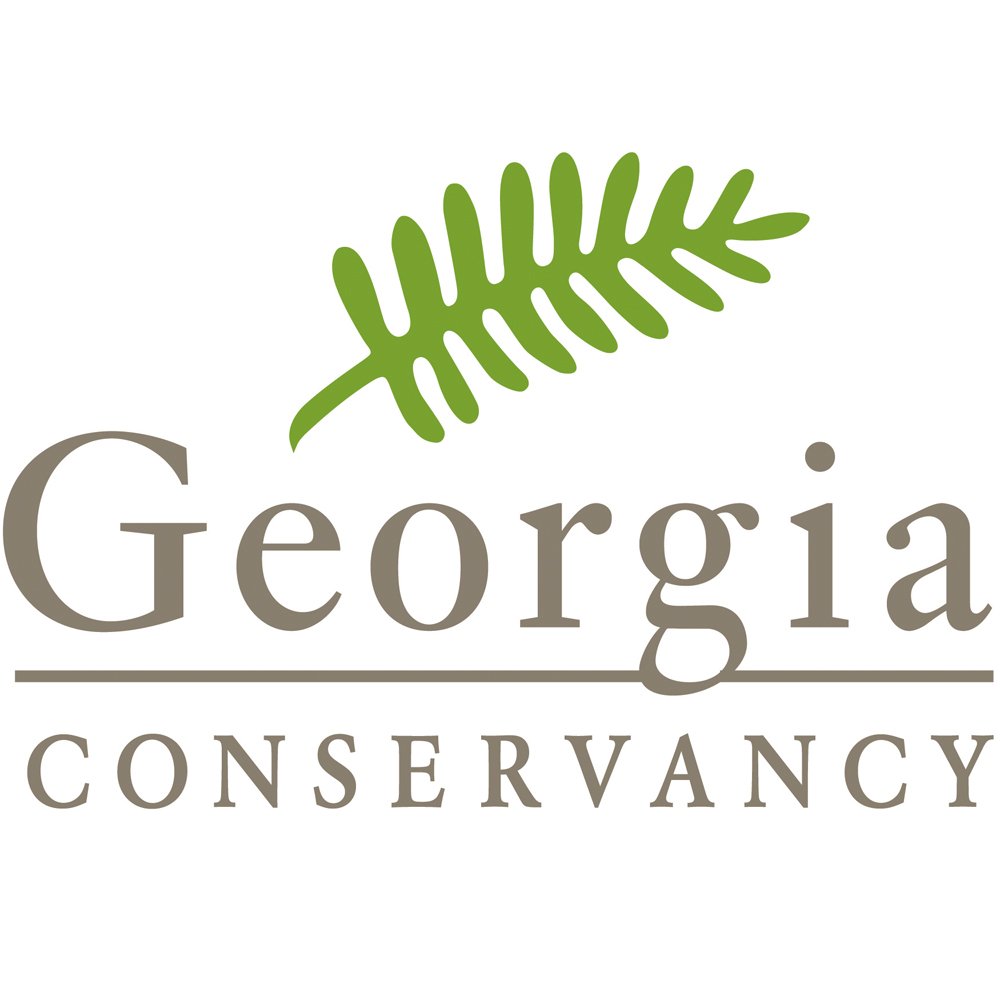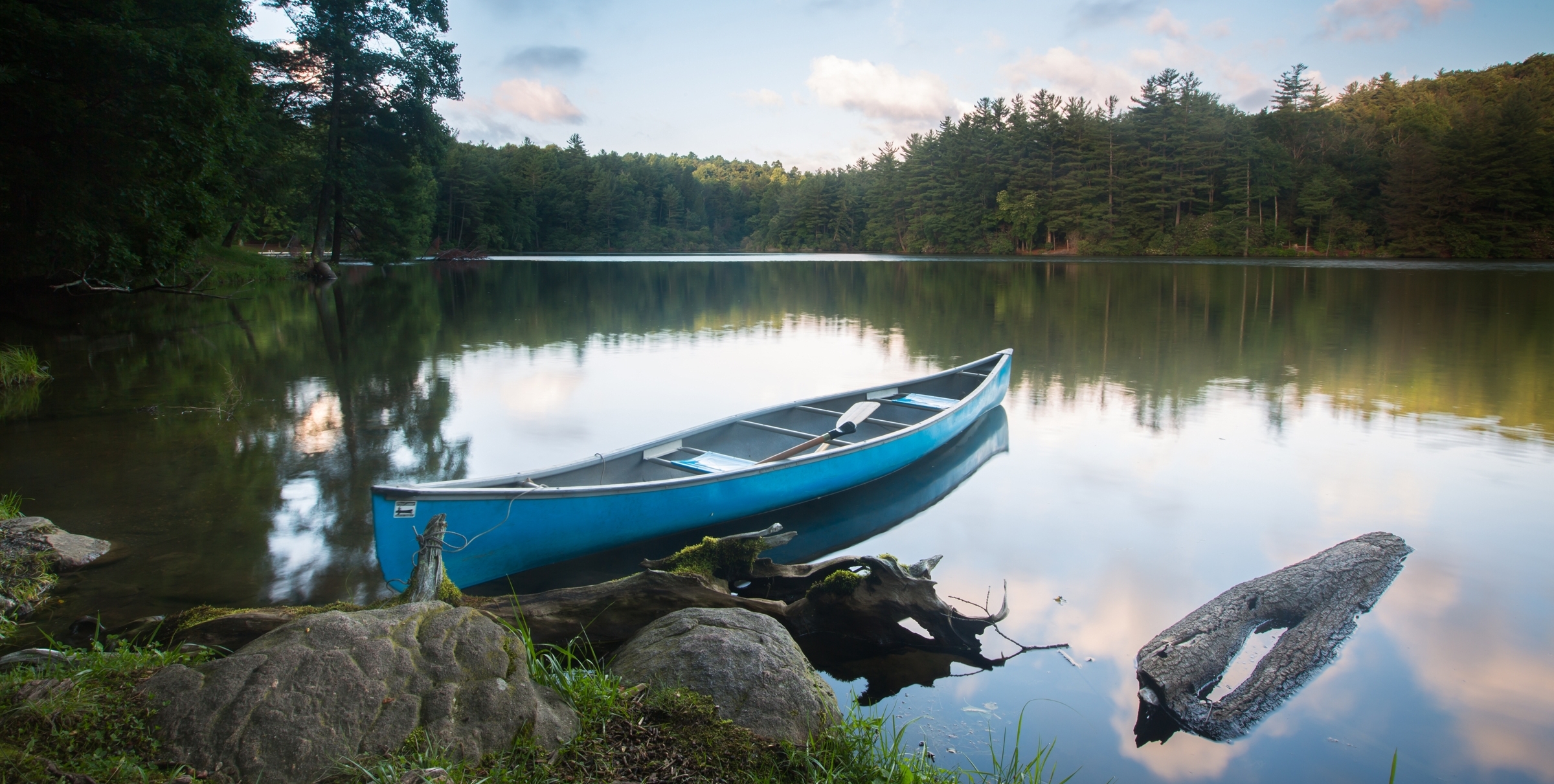Support the Land & Water Conservation Fund
The Land and Water Conservation Fund is the strongest conservation mechanism in the history of our nation.
Since its authorization by Congress in 1965, the Land and Water Conservation Fund (LWCF) has helped to provide support for and protection of our most iconic national treasures, including Grand Canyon National Park, the Appalachian Trail, Gettysburg National Military Park and Georgia’s Okefenokee Swamp National Wildlife Refuge.
Funded exclusively by the revenue from federal offshore oil and gas leases, the LWCF provides for the preservation and management of America’s National Parks, Wildlife Refuges and Forests, as well as the expansion of recreational access, the targeted conservation of threatened lands and waters, the protection of endangered and threatened species and the establishment of urban parks and preserves across the country.
From the National Park Service: “The LWCF program can be divided into the State Side which provides grants to State and local governments, and the Federal Side which is used to acquire lands, waters, and interests therein necessary to achieve the natural, cultural, wildlife, and recreation management objectives of federal land management agencies.”
With the Dingell Act of 2019, the LWCF was permanently reauthorized by Congress. A year later, with the signing of the Great American Outdoors Act the LWCF received full and permanent funding. Thank you to legislators and leadership for their support of America’s land and water!
What does the Land & Water Conservation Fund mean for Georgia?
During the more than five decades of the LWCF existence, Georgia has received approximately $312 million for the protection of our lands and waters. The Chattahoochee River National Recreation Area (CRNRA), the Chattooga Wild and Scenic River, Cumberland Island National Seashore, Bond Swamp National Wildlife Refuge and, most recently, Sansavilla Wildlife Management Area are among just some of places in our state that have benefited from this critical program.
What are the economic benefits of conservation in Georgia?
Recreational access to our public lands for fishing, hunting, camping and exploring are a tremendous boom to Georgia’s economy. According to the Outdoor Industry Association, such “active outdoor recreation supports $27.3 billion in consumer spending in Georgia, 238,000 jobs across Georgia which generate $8.1 billion in wages and salaries, and produces nearly $1.8 billion annually in state and local tax revenue.”
A robust economy depends upon strategic conservation of our state’s lands and water. And without the LWCF, many of these places would have been lost forever.
To learn more, please reach out to Georgia Conservancy Natural Resources Director Charles McMillan at cmcmillan@gaconservancy.org





